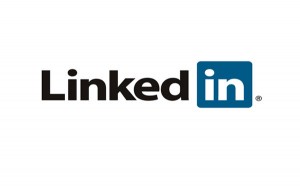There’s an article by Atul Gawande in The New Yorker discussing the importance of “Coaching.” Gawande, a writer and surgeon, talked about coaches as not just teachers but as observers, judges, and guides. From the article:
The concept of a coach is slippery. Coaches are not teachers, but they teach. They’re not your boss—in professional tennis, golf, and skating, the athlete hires and fires the coach—but they can be bossy. They don’t even have to be good at the sport. The famous Olympic gymnastics coach Bela Karolyi couldn’t do a split if his life depended on it. Mainly, they observe, they judge, and they guide.
Gawande, A. (2011, October 3). Personal Best. The New Yorker.
In my HR role, I’ve always believed that HR can act as coaches across our organizations. But there’s often pushback, like “You can’t coach me in Marketing, Operations, or Accounting.” Exactly—I’m not here to teach you those things; I hired you for that. Building a coaching culture starts with hiring people open to being coached.
More from the article:
Good coaches know how to break down performance into its critical individual components. In sports, coaches focus on mechanics, conditioning, and strategy, and have ways to break each of those down, in turn. The U.C.L.A. basketball coach John Wooden, at the first squad meeting each season, even had his players practice putting their socks on. He demonstrated just how to do it: he carefully rolled each sock over his toes, up his foot, around the heel, and pulled it up snug, then went back to his toes and smoothed out the material along the sock’s length, making sure there were no wrinkles or creases. He had two purposes in doing this. First, wrinkles cause blisters. Blisters cost games. Second, he wanted his players to learn how crucial seemingly trivial details could be. “Details create success” was the creed of a coach who won ten N.C.A.A. men’s basketball championships.
Gawande, A. (2011, October 3). Personal Best. The New Yorker.
In working with adult professionals, coaching isn’t about teaching new stuff but helping them analyze and improve what they already do well. Instead of fixating on weaknesses, HR can help make employees’ strengths even stronger.
Coaching has become popular lately, with various types like leadership or life coaching. But coaching for professionals is less common. I believe in HR professionals acting as more hands-on coaches, working daily to improve skills that directly impact the business, not focusing on personal challenges.
One big challenge for HR transitioning into coaching roles is that many employees lack self-awareness, just like us! A great coach helps someone see things in themselves they didn’t notice before.
If HR can build this self-awareness in organizations, it could lead to some amazing changes.

